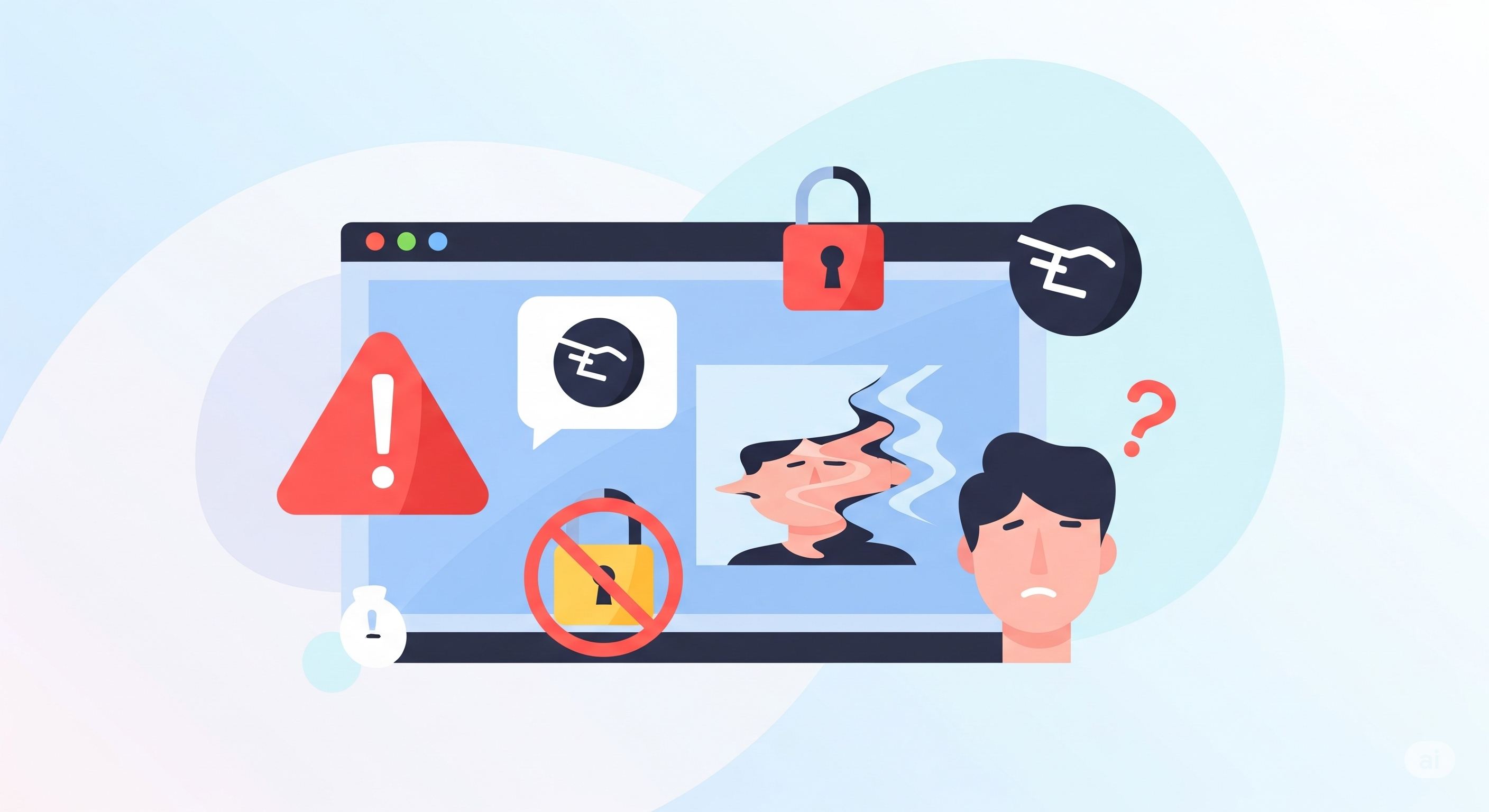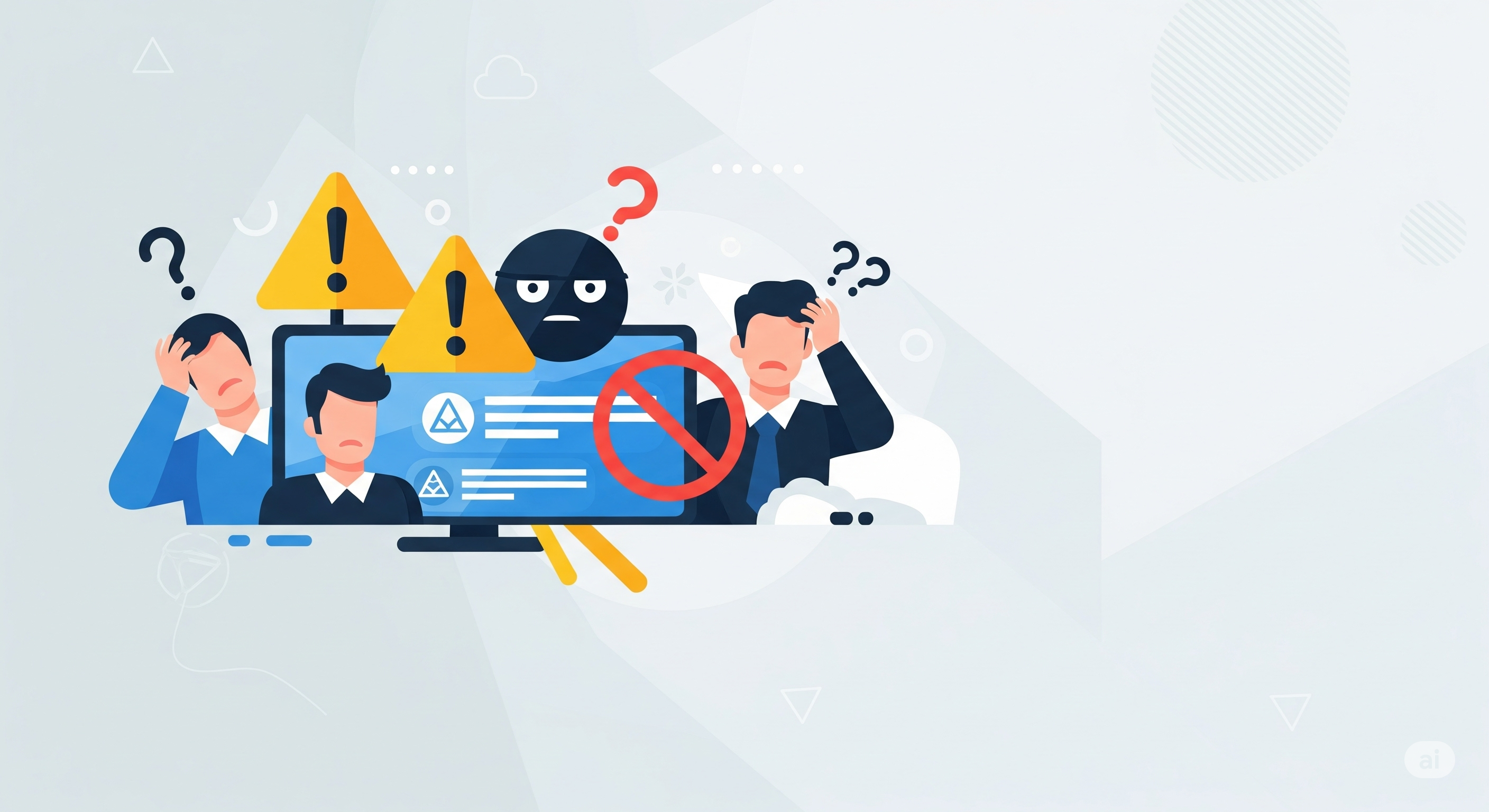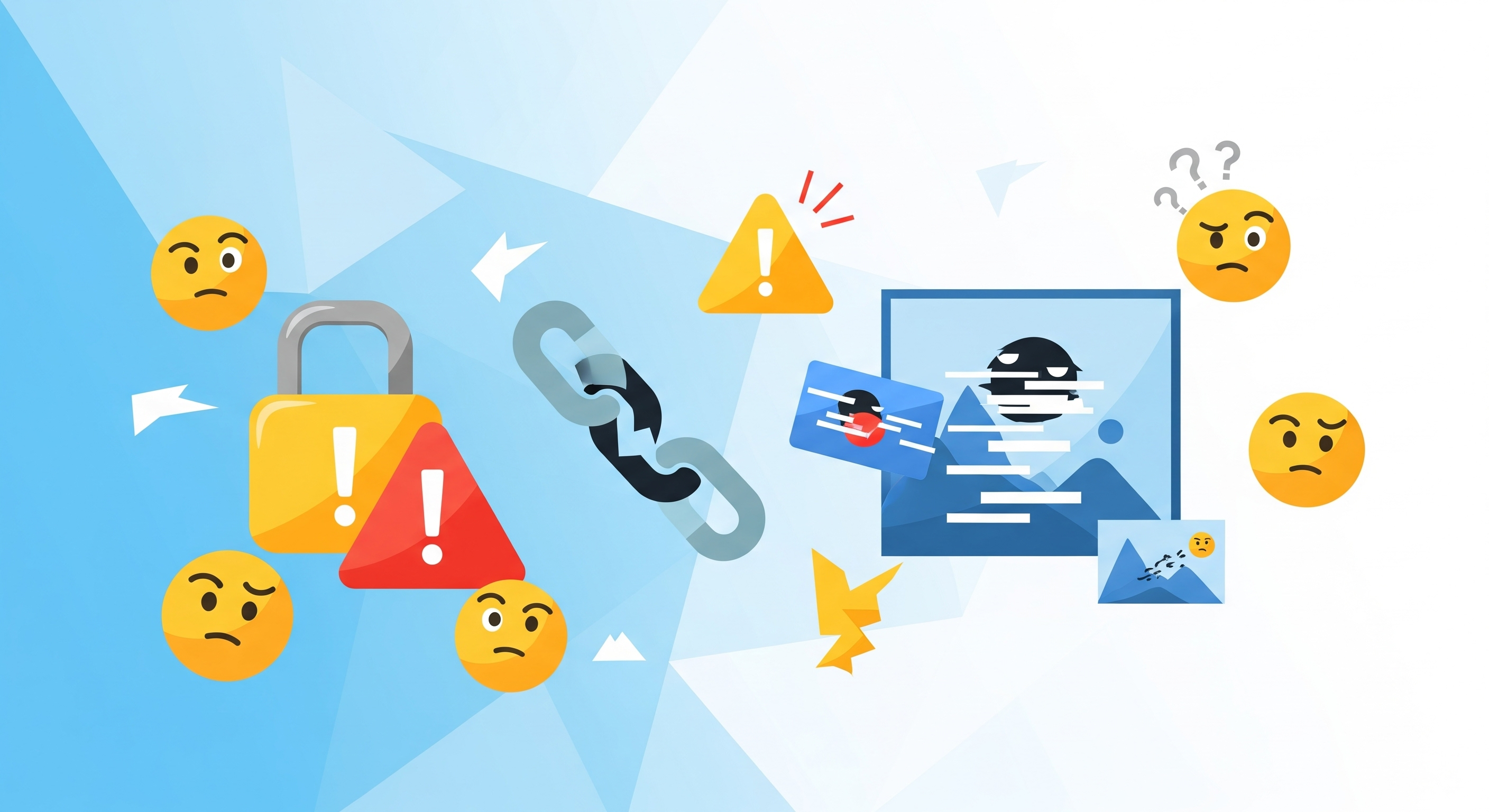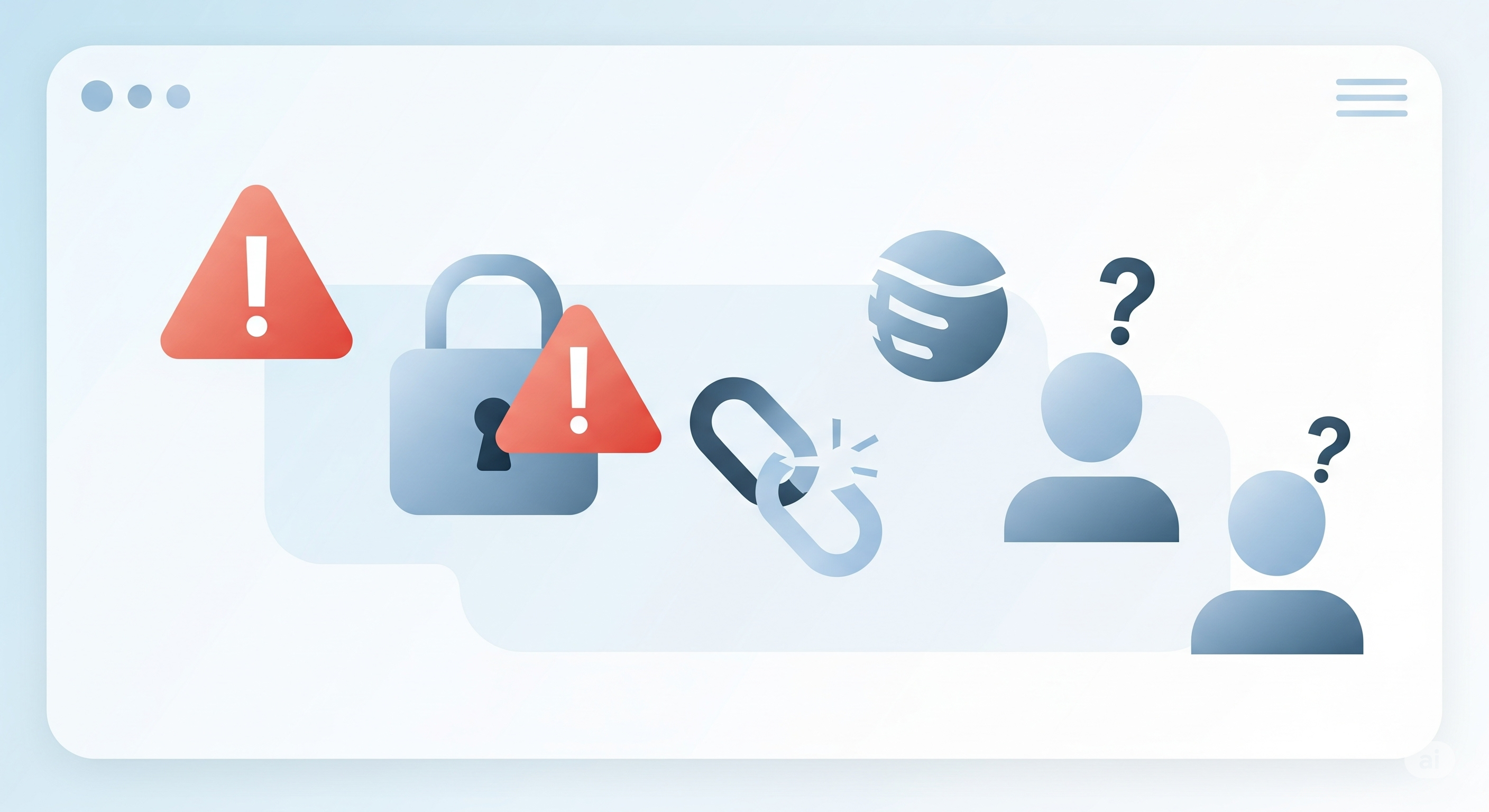Tips & Support
Mastering the Urgency Click
Mastering the Urgency Click
By Admin
Related Topics
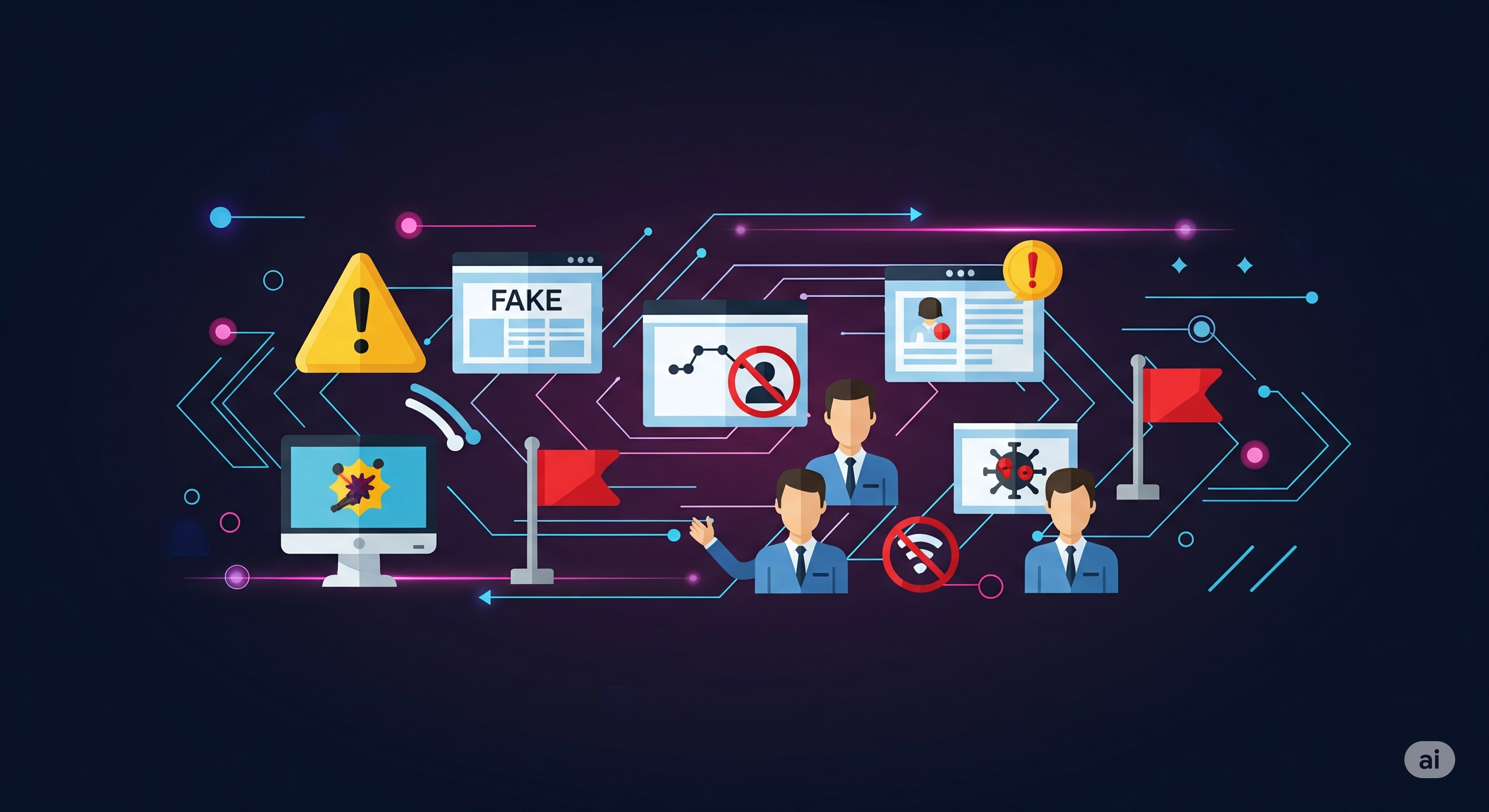
Be Skeptical Online
In today s hyperconnected world where you can get everything from groceries to investing advice with just one click the......
Read More
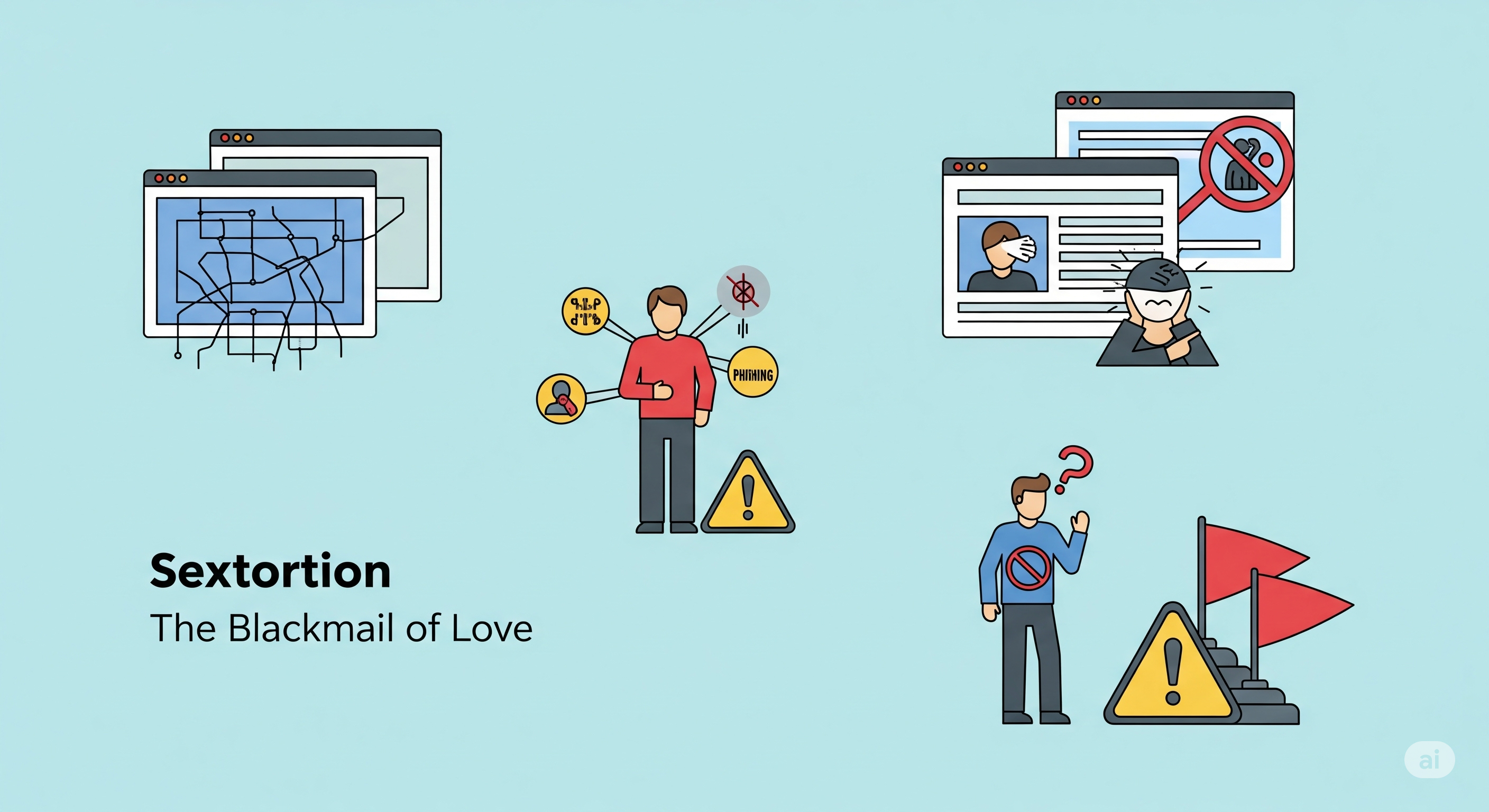
Sextortion The Blackmail of Love
Sextortion an alarming blend of blackmail and digital manipulation is rapidly becoming one of the most destructive online threats facing......
Read More
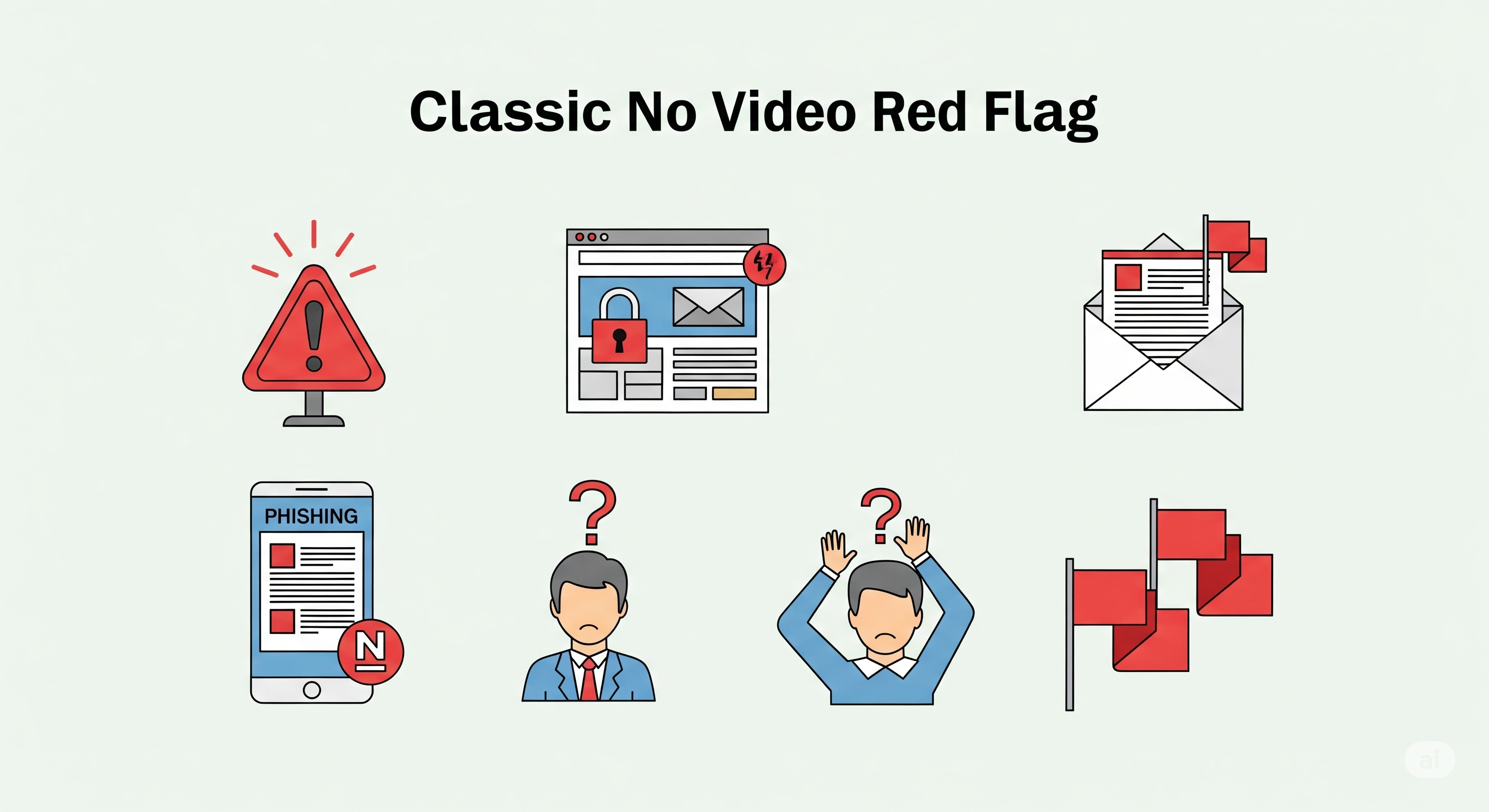
Classic No Video Red Flag
In today s digital world seeing is believing especially when it comes to making decisions online Whether you re considering......
Read More
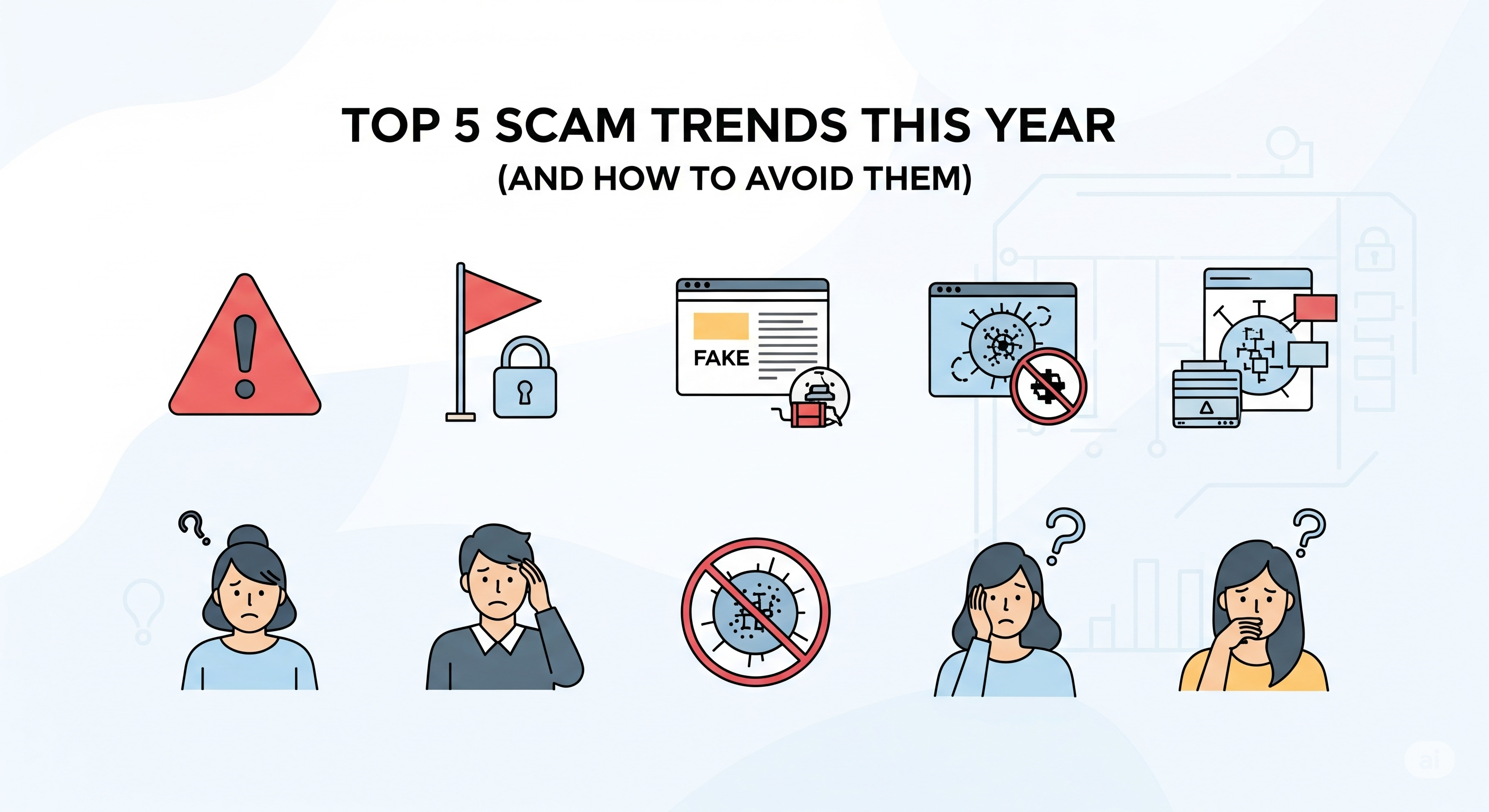
Top 5 Scams and How to Avoid Them
Every year scammers become more cunning adapting to digital behaviors and exploiting emerging technologies to trick unsuspecting consumers In today......
Read More

Be Skeptical Online
In today s hyperconnected world where you can get everything from groceries to investing advice with just one click the......
Read More
Sextortion The Blackmail of Love
Sextortion an alarming blend of blackmail and digital manipulation is rapidly becoming one of the most destructive online threats facing......
Read More
Classic No Video Red Flag
In today s digital world seeing is believing especially when it comes to making decisions online Whether you re considering......
Read More
Top 5 Scams and How to Avoid Them
Every year scammers become more cunning adapting to digital behaviors and exploiting emerging technologies to trick unsuspecting consumers In today......
Read More